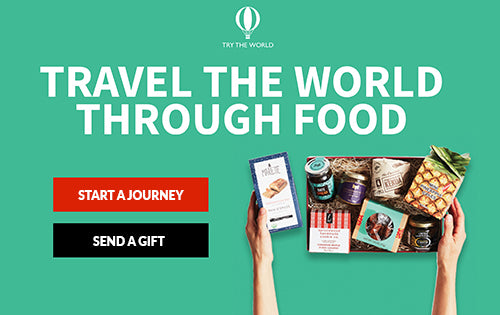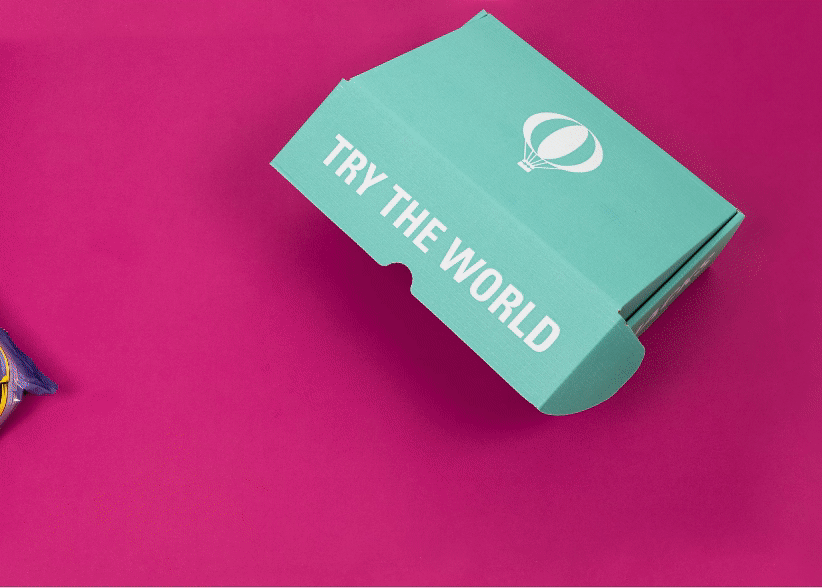Born from a passion for healthful living, Chaidim teas are made exclusively from organic aromatics and are full of therapeutic properties. Nedim Behar, the founder of the company, works with local farmers who follow strict agricultural guidelines in order to create one of the most premium tea brands of Thailand. Here, Behar speaks to Try The World about working in the UN, the dirty secrets of the commercial tea industry, and how best to pair black tea with cheese.
How did you first develop your passion for tea?
I’m half-Turkish half-Italian and grew up in Turkey, which is a big tea country. I moved a lot with my parents, and eventually set up in Switzerland when I was 14 or 15 years old. When I was there, I met a lot of travelers coming from all over the world. It was there that I met with Japanese and Chinese people, and they brought with them very particular teas. They introduced me to new types of tea I hadn’t had before.
Did discovering these new types of tea inspire you to start your own tea company?
At first, my life wasn’t centered around tea, but I’ve always been a tea drinker. I worked for the United Nations for 11 years, and when I was traveling the world, I was traveling the world with a tea box filled with tea that I was bringing from other countries. The story of Chaidim begins when I decided to leave the UN and found the company. I didn’t have a clear idea of what I really wanted to do with the company, but what I knew is that I wanted to leave the UN and start my own business.
After leaving the UN, how did you enter the tea-making business?
Even before leaving the UN, I started to source and find some farmers. Some people we’re doing oolong, and some people we’re doing black tea, so I started to buy black tea on my own and then tried to sell it back to Turkey. It didn’t work. It didn’t work well at all! So then I founded a company in Hong Kong and started to do the business there. It didn’t work as well!
What a discouraging start! How did you decide to move away from the exporting business?
I said to myself, “Ok, in that case, there is something else to do. This is not the proper way to do it.” I spent more time in the mountains, living with the farmers and touring the mountains and the valley. Finally I found some people. I said, “Ok, maybe we can do something together.” It took maybe two years to establish the agreement on how we would work together, but in the end we made it happen. I decided to set up a brand with specifications, and the farmer will have to do it.
How did you determine these specifications?
It took us months and months to refine to the quality that we are today. And it all started with a lot of trial. We didn’t have any customers yet, but we started to have some success because we are doing a very high quality product and because the idea behind this is sustainability. We keep nature in mind and we want to do only organic products: no pesticides or chemicals.
How does organic agriculture change the tea?
We know that the product is good. Normally, up to 50% of regular tea can actually be sugar, so instead of having sugar, we came up with the right way to balance the taste. We simply added lemongrass to it, but this lemongrass is very fragrant and aromatic. It’s produced in the mountains and in an unpolluted area with no cars, no pollution, no nothing, in a proper environment, so the lemongrass is very good. It takes farmers two or three years before reaching this level.
It does indeed take a long time to prepare the land for this quality of production. What is the larger effect of organic farming on the plants and the environment?
When you spray pesticides, actually you kill the plant itself, and you have to use a fertilizer that is resilient to the pesticides in order for the pant to reach nutrients within the soil. We don’t use that. We do use fertilizer, but it’s organic fertilizer that we make ourselves with milk and horse manure. Because we don’t use any chemicals, the plant that we’re growing is very strong, robust, and full. They’re full of life. We also don’t spray anything that is harmful for the health. It’s just like a nature cycle.
Is organic farming common in Thailand?
It wasn’t, and now it starts to boom because people are very health conscious. They’re very paradoxical: they are very health conscious, and then they still go and drink one of those lemon teas with 8 sugars inside! For some people it’s just not in the mindset. When we say we do organic, it’s not the tea leaves that we do organic. It’s our whole life. Our whole life revolves around being organic. It makes a big difference.
What sort of healthy habits do you uphold yourself?
I try to avoid any added sugar, including in tea. The only reason I eat sugar is because I love pastries. This is why I indulge a little bit, but usually I don’t eat sugary drinks or soda.
Do you have a favorite type of tea to drink?
It always depends. It’s always different. I love cheese with black tea. I love fruit with oolong tea. I bake lemon cake and raspberry cake, and this I will always eat with herbal tea, like a very strong lemongrass-ginger. In the evening I like camomile-lavender. I also like roasted and smoked teas. Overall, I like it pure and a little bit traditional. I like when people take the time to prepare something. They take the time to make one specific type of tea from one specific tea field—not blended with any other tea. Then you have the pure organic taste of one specific breed.






